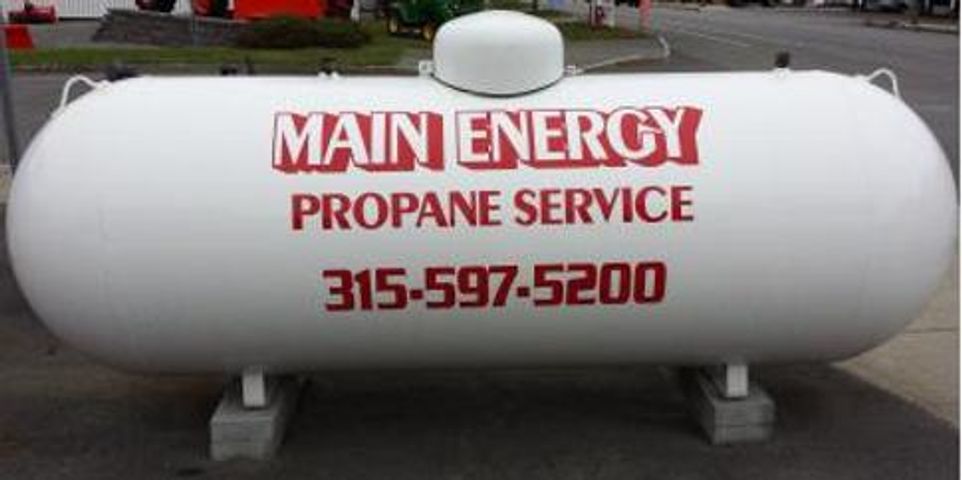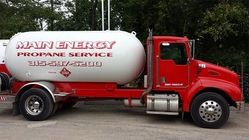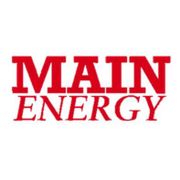
Aside from heating, cooking, and hot water generation, one of the key ways U.S. farmers use propane is for drying their crops. Many markets require products to meet particular moisture content specifications, and the use of a propane-powered crop-drying system helps growers get top prices for their goods. Main Energy, the leading propane and oil delivery service in Palmyra, NY, explains below some of the ways farmers use propane for crop drying.
How Farmers Use Propane for Drying Their Crops
Curing Tobacco
Tobacco is typically bulk-cured in barns outfitted with propane gas burners. Although fuel oil was traditionally used, since the 1970s, growers have chosen to use propane systems instead, largely because of the improved efficiency and cost reductions they provide. The average tobacco-curing barn can cure 9 pounds of tobacco leaf for every gallon of propane used.
Drying Wheat & Corn
 Grains are prone to developing fungus and bacteria when damp, so crop drying is particularly important to grain growers. Wheat and corn farmers usually choose propane systems because of the fuel's portability, easy storage, and accessibility in areas where they cannot get a ready supply of natural gas. Moreover, it will not contaminate the crop if a tank should leak, as fuel oil or kerosene might.
Grains are prone to developing fungus and bacteria when damp, so crop drying is particularly important to grain growers. Wheat and corn farmers usually choose propane systems because of the fuel's portability, easy storage, and accessibility in areas where they cannot get a ready supply of natural gas. Moreover, it will not contaminate the crop if a tank should leak, as fuel oil or kerosene might.
Dehydrating Fruit
Farmers dry fruit for many reasons. It reduces the moisture content and thus the weight, making dried fruit lighter and less bulky to transport. Dried fruit is not subject to bruising or spoilage, it has a longer shelf life, and it gives marketers an additional product line. Propane is ideal for dehydrating fruit; it is safe and non-toxic around foodstuffs and vaporizes when it’s not under pressure, so it cannot contaminate crops. It is extremely clean burning, and it is safe and easy to store.
Main Energy, the most experienced and reliable propane and oil delivery service in Palmyra, NY, supplies farmers throughout the region with the fuels they need to dry their crops and operate their farms. Visit their website for contact information, or call (315) 597-5200 to discuss your fuel options with a friendly, courteous expert
About the Business
Have a question? Ask the experts!
Send your question

